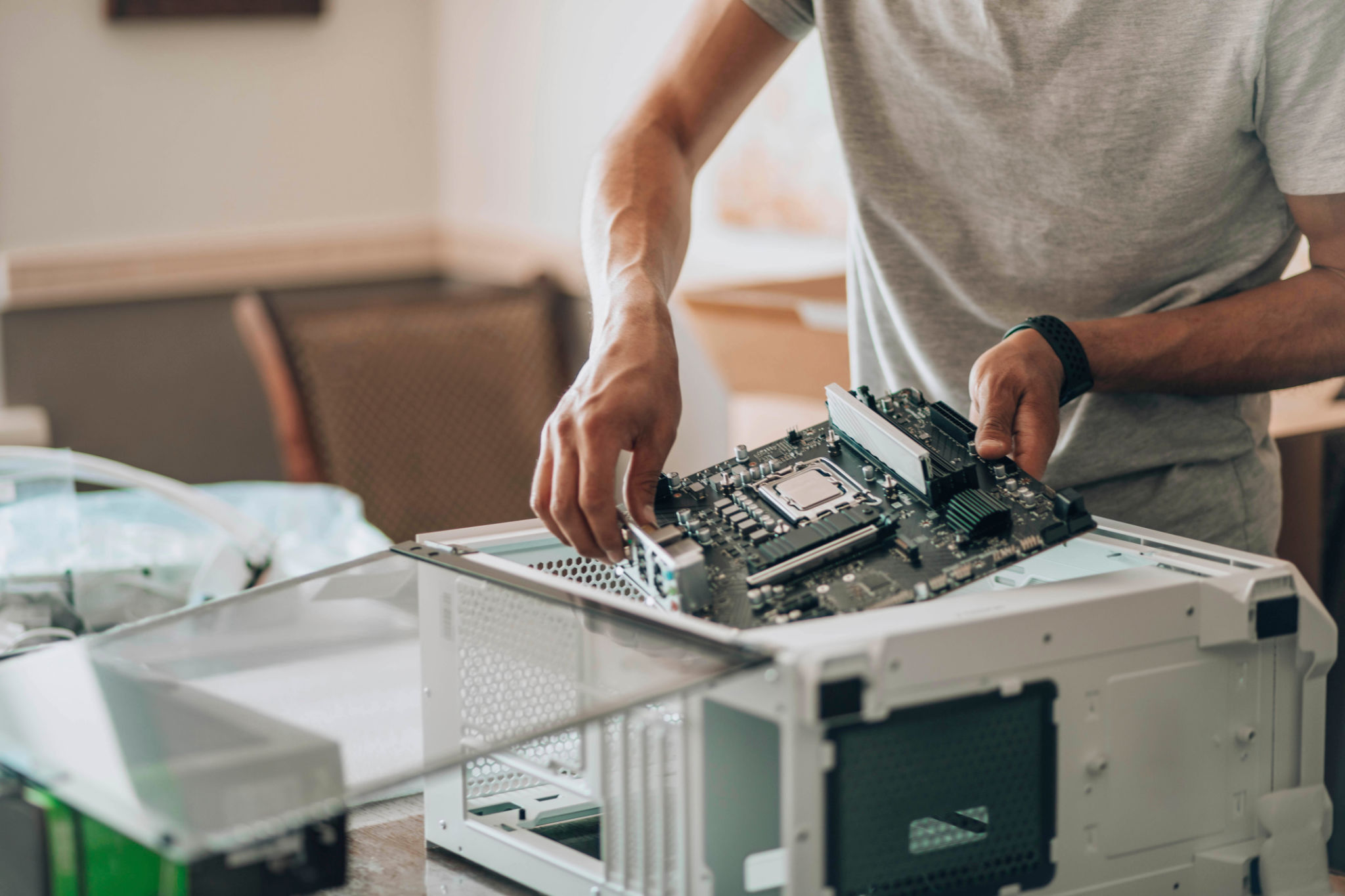Common Misconceptions About Hardware: What You Need to Know
Al
Understanding Hardware: Beyond the Myths
When it comes to technology, hardware plays a crucial role in the functionality of our gadgets and devices. However, there are several common misconceptions that can lead to confusion or misguided decisions. It’s essential to separate fact from fiction to make informed choices about your tech investments.

Myth 1: More RAM Equals a Faster Computer
One of the most prevalent myths is the belief that simply adding more RAM will significantly increase the speed of your computer. While RAM is crucial for multitasking and can enhance performance, it is not the sole factor that determines speed. Other components, such as the CPU and storage type, also play vital roles. For instance, upgrading to a solid-state drive (SSD) can have a more substantial impact on overall speed and responsiveness than adding extra RAM alone.
Myth 2: All Graphics Cards Are the Same
Graphics cards are often misunderstood, especially by those new to PC building or gaming. A common misconception is that all graphics cards perform similarly. In reality, performance can vary significantly between models and brands. It’s crucial to consider factors such as VRAM, clock speed, and the specific needs of your applications or games when selecting a graphics card. Investing in a high-end card when your needs are modest might not be cost-effective.

Myth 3: The More Expensive the Hardware, the Better
The idea that higher cost equates to higher quality is another widespread misconception. While premium products often offer superior features and build quality, this is not always the case. It’s important to assess your specific requirements and do thorough research before making a purchase. User reviews, performance benchmarks, and compatibility with your existing setup should guide your decision, rather than price alone.
Choosing the Right Hardware for Your Needs
Understanding your personal or business needs is critical when selecting hardware. Here are some tips to help you make informed decisions:
- Identify your primary use cases: Determine whether you need hardware for gaming, professional work, or general use.
- Research compatibility: Ensure that new components are compatible with your existing system.
- Consider future-proofing: While you don’t need to buy the latest models, consider components that will remain relevant for several years.
Debunking the Single Brand Loyalty Myth
Loyalty to a single brand is another misconception that can limit your options. While brand loyalty might work in other sectors, in technology, it’s often beneficial to mix and match components from different brands to achieve the best performance and value. Each manufacturer excels in different areas, so being open to a variety of options can enhance your overall setup.

The Importance of Regular Maintenance
A commonly overlooked aspect of hardware management is regular maintenance. Many users believe that once they have purchased and installed their hardware, no further action is required. However, regular cleaning and updates are essential for optimal performance and longevity. Dust accumulation can affect cooling efficiency, while outdated drivers can lead to compatibility issues.
In conclusion, being aware of these common misconceptions can help you make smarter choices when it comes to hardware. By focusing on facts and understanding your unique needs, you can ensure that your technology investments are both effective and efficient.